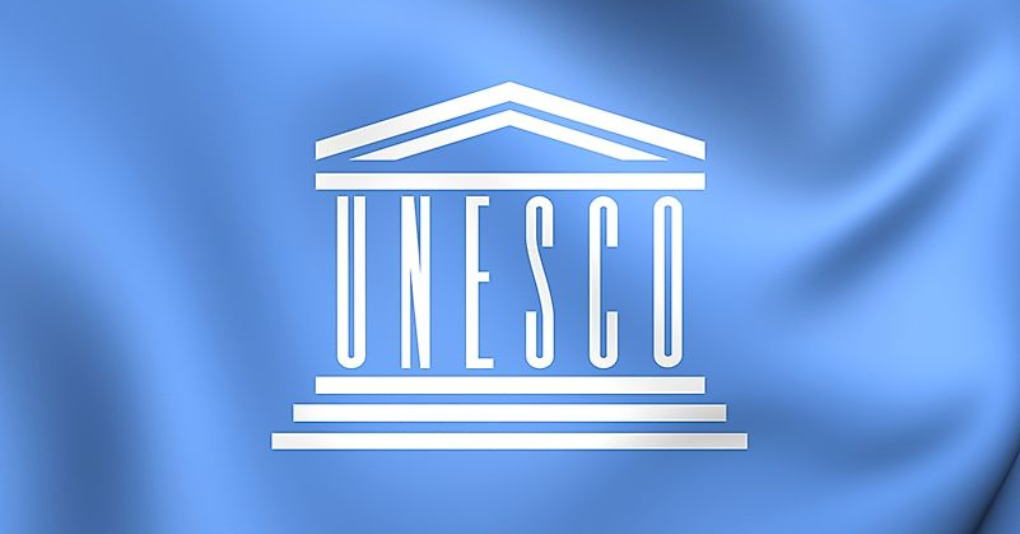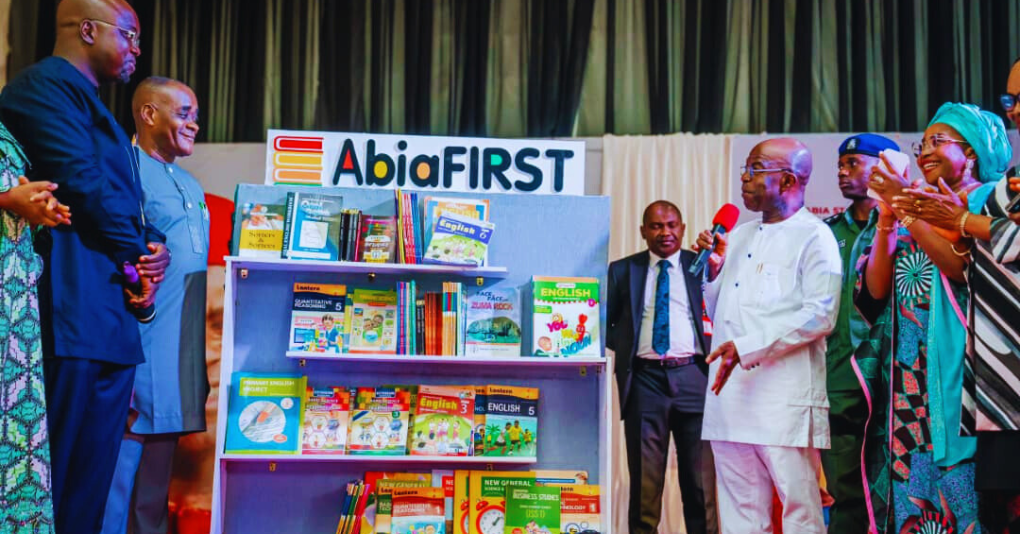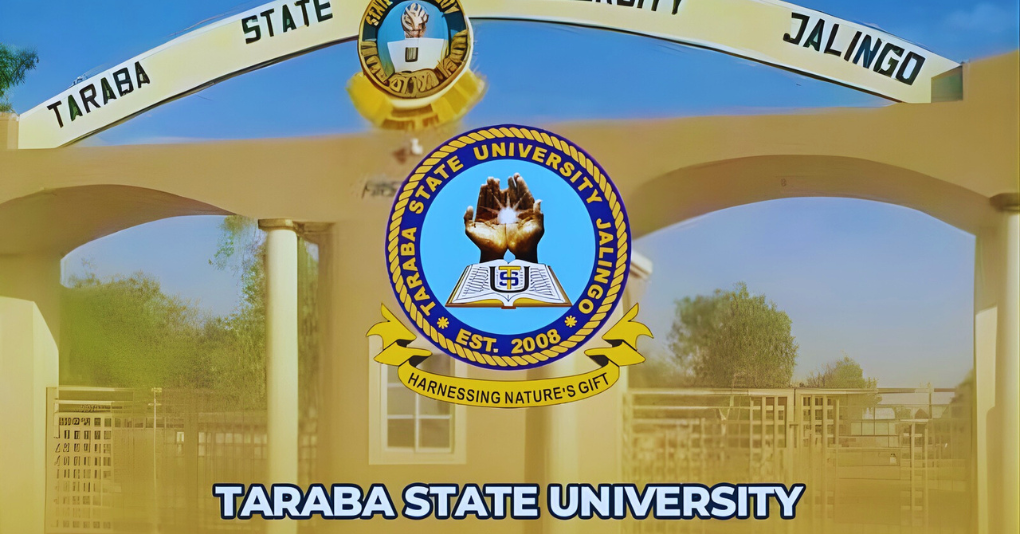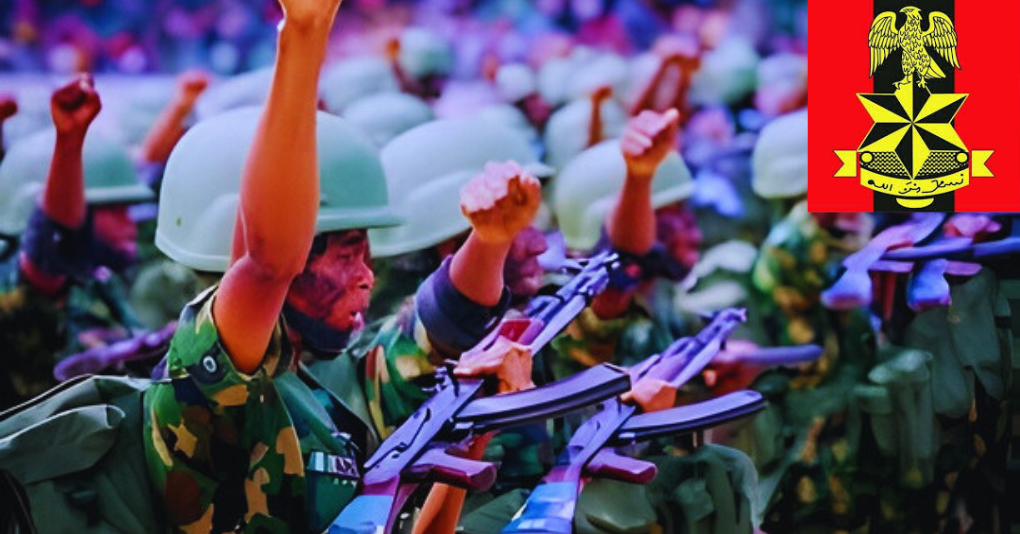The United Nations Educational, Scientific and Cultural Organization (UNESCO) and the United Nations Office on Drugs and Crime (UNODC) have reaffirmed their support in using creative storytelling and the power of photography in bridging divides, preserving culture, and fostering peace worldwide.
At the opening ceremony of the 9th Abuja International Photo Festival on Wednesday in Abuja the UNESCO Head and Representative Jean-Paul Gnome Abiaga emphasized the organizations’ continued commitment to supporting the next generation of creators, particularly in Nigeria, where young people represent 70% of the population under 30.
He highlighted the crucial role of creative storytelling in combating misinformation and enhancing the integrity of information.
“It is always a pleasure for UNESCO to be part of this kind of event,” Jean-Paul stated. “In the future, we hope you’ll no longer consider UNESCO just a partner, but one of your own.” He took a moment to recognize the photographers and artists whose contributions continue to enrich global culture, urging the audience to applaud their work.
“Photography, which began nearly two centuries ago, has become a powerful medium of storytelling—just as impactful as words, music, and dance,” he continued. “In Africa, and especially in Nigeria, photography has shaped how we view ourselves, from the colonial era to the present day, celebrating our identity, resilience, and history.”
Hel acknowledged the ongoing “photo revolution” brought about by smartphones and digital cameras, which have turned personal devices into global galleries. “These new tools connect us in ways we never imagined, linking us not only to each other but also to our past and future,” he added, emphasizing photography’s role in fostering global peace.
However, he also cautioned against the dangers of misinformation in the digital age, referencing a UNESCO survey which revealed that 62% of digital content creators do not verify the accuracy of the content they share. “A photo speaks powerfully, but it can also divide us if not used responsibly,” he warned, stressing the critical role of photographers and photojournalists in promoting peace, unity, and understanding.
UNESCO remains dedicated to supporting Nigeria’s youth, especially those pursuing creative careers, and equipping them with the tools to contribute to peacebuilding and sustainable development.
While commending the organisers for the initiative the Representative of UNODC, Cheikh Toure acknowledged the powerful and impactful work showcased at the festival, emphasizing how the art illuminates the complexities faced by the UNODC in its global efforts.
“We are here today because the work being presented aligns with the core values we hold dear—fostering resilience, peace, and positive societal change,” the speaker said.
UNODC Representative Cheikh Toure also commended the powerful work presented at the festival, underscoring how the art illuminates the challenges faced by the UNODC in its global efforts. “We are here today because the work being presented aligns with the core values we hold dear—fostering resilience, peace, and positive societal change,” Toure said.
He further emphasized the importance of collaboration between the UNODC and the creative sectors. “If our work is to be credible and potent, it must involve your voices, your talents, and your creativity. We need to work together for our efforts to truly resonate and create meaningful change,” Toure added.
The festival’s opening coincided with the launch of the Creative Alliance for Peace, an initiative bringing together creatives to explore how art and culture can play pivotal roles in conflict resolution and peacebuilding. While the UNODC’s involvement may seem outside its traditional mandate, it reflects the organization’s growing recognition of the arts’ power to influence societal transformation.
“We are proud to support these creative initiatives, even though they may seem distant from our core work. Your contributions are invaluable to our mission, and together, we can create lasting change that benefits Nigeria and the world,” Toure stated.
Looking ahead, the UNODC is preparing for an upcoming session titled “Create Creativity for Realtime,” scheduled for Friday at 11:00 AM. This session will explore how creativity can foster resilience, empowerment, and transformative engagement in the pursuit of a more peaceful, less violent Nigeria. The platform will offer a space for creatives to engage directly with UNODC’s solution-making processes.
Also speaking at the event, the Special Assistant to the President on Arts, Culture, Tourism, and the Creative Economy, Ayomide Adeagbo, said the Federal Government is formulating new copyright policies in a bid to address the problem.
The 9th edition of the Abuja Photo Festival, taking place from October 29 to 31, 2025, at the Exhibition Pavilion of the Abuja International Conference Centre, is being attended by over 1,200 photographers.
Speaking on moves to strengthen the creative economy, the presidential aide said, “The government is actually working on intellectual property policies for creatives in Nigeria, and it’s very vital. Photography is part of the creative sector.
“We want our creatives and photographers to be able to own their work and have control over it. So, we’re already working on that. We’re at this level right now, and very soon, we’re going to publish it in other parts of Nigeria. Photography is a source of livelihood. He stated.
Efe Osaze, the convener of the Photo Festival, stated that the 9th Abuja International Photo Festival aims to draw a diverse audience of creatives, artists, and industry leaders to celebrate the art of photography and its power to connect the world. “This year’s theme, A World Connected, focuses on the power of photography to bridge cultural, ideological, and geographical divides,” Osaze noted.
He emphasized the universal language of photography and its ability to unite people across different backgrounds. “In a world increasingly divided by distance and differences, photography stands as one of the few ways to bring us all together,” he remarked.
“We believe that creativity is not just about self-expression; it’s about how we can use art to tackle the existential questions that our societies face,” Osaze added. “This is why we continue to partner with governments, organizations, and other stakeholders to ensure that the festival remains a platform for meaningful conversations.”
In his welcome address the founder and Convener of festival, Efe Osaze said the annual event has become one of Africa’s most important platforms for visual dialogue, bringing together photographers, artists, and storytellers from across the world.
“This year’s theme, ‘A World Connected,’ could not be more timely,” he said. “In a world increasingly divided by distance, culture, and ideology, photography remains one of the few universal languages — a bridge between our shared humanity and our diverse realities.” Osaze said.
He noted that the festival, since its inception, has focused on building a community of storytellers and visionaries who use photography as a tool to question, document, and imagine.
“Art festivals are not luxuries — they are necessities,” he emphasized. “They are spaces where imagination meets reality, where young people find confidence in their expression, and where society discovers new ways to see itself”
Share this post





Be the first to comment on this post